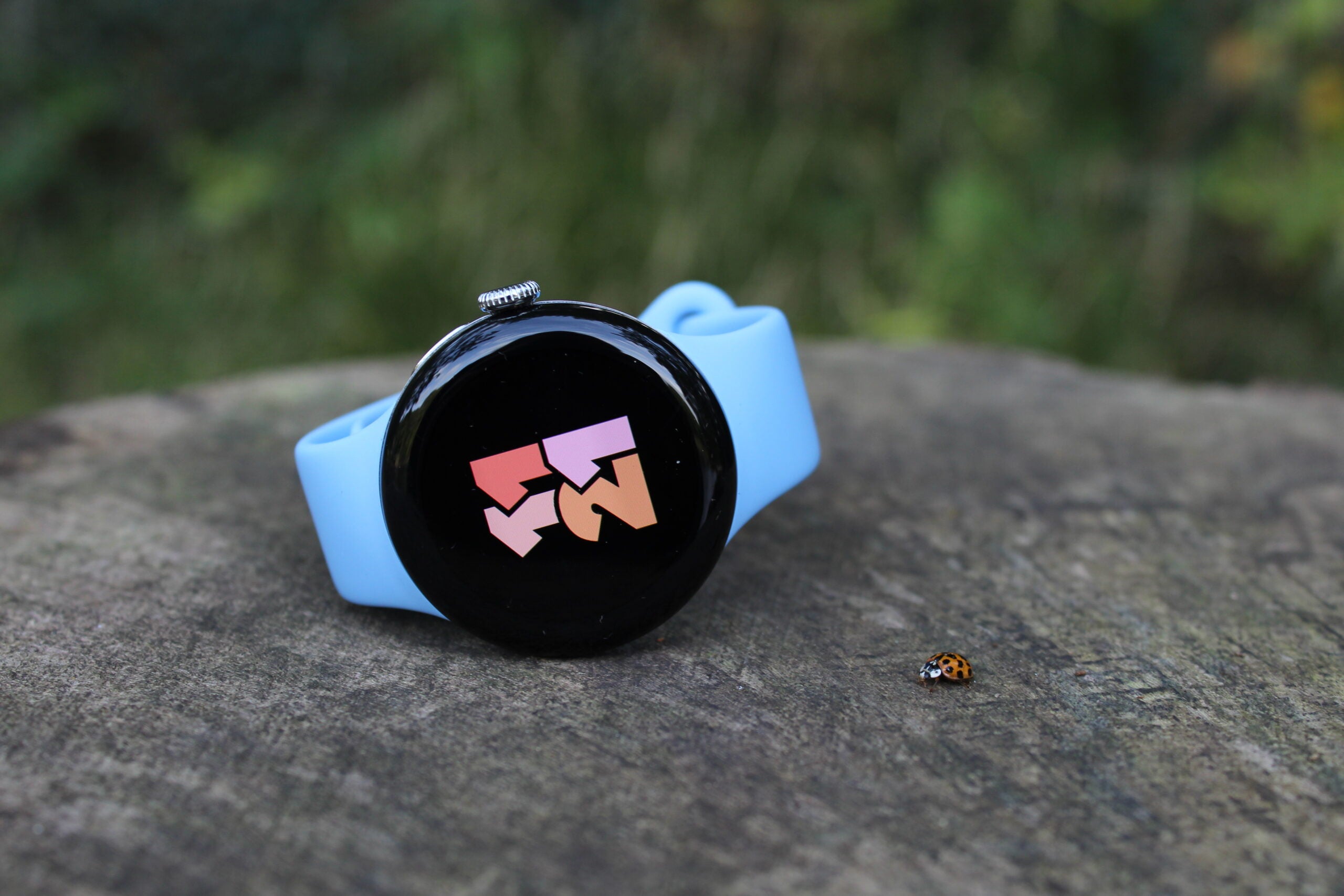Maximizing Wellness: The Role of Activity Trackers in Fitness Optimization

Activity trackers have emerged as indispensable tools for individuals seeking to enhance their health and fitness levels by monitoring and analysing various aspects of their physical activity. These devices, often wearable in the form of fitness bands or integrated into smartwatches, leverage a combination of sensors and advanced algorithms to provide users with valuable insights into their daily exercise routines and overall well-being.
One of the primary features of activity trackers is step counting, which accurately records the number of steps taken by the user throughout the day. This metric serves as a fundamental indicator of physical activity and can help individuals set and achieve daily walking goals. By quantifying their movements, users can develop a heightened awareness of their activity levels and strive to increase their step count over time, thereby promoting a more active lifestyle.
Beyond step counting, activity trackers also offer functionality for tracking distance travelled during various activities. By estimating distance based on step count and stride length, these devices provide users with valuable feedback on their walking, running, or cycling endeavours. This information enables individuals to gauge their progress, set distance-related goals, and tailor their exercise routines to achieve optimal results.
Calorie counting is another essential feature of activity trackers, allowing users to monitor their energy expenditure throughout the day. By taking into account factors such as activity level, weight, and height, these devices provide estimates of calories burned during both active and sedentary periods. This data empowers individuals to make informed decisions about their diet and exercise habits, ensuring that they maintain a healthy balance between energy intake and expenditure.
Moreover, many activity trackers incorporate advanced sleep tracking capabilities, which monitor the duration and quality of the user's sleep patterns. By analysing metrics such as sleep duration, sleep stages, and sleep disturbances, these devices offer valuable insights into the user's night-time restfulness. Armed with this information, individuals can identify opportunities for improving their sleep hygiene and optimizing their overall health and well-being.
Heart rate monitoring is another key functionality offered by activity trackers, enabling users to track their heart rate throughout the day and during exercise sessions. By measuring heart rate variability and providing real-time feedback on heart rate zones, these devices help users optimize the intensity and duration of their workouts. Furthermore, heart rate data can offer valuable insights into cardiovascular health, alerting users to potential irregularities or abnormalities that may require medical attention.
Many activity trackers also feature GPS tracking capabilities, which allow users to accurately track outdoor activities such as running, cycling, or hiking. By leveraging GPS technology, these devices provide detailed insights into distance covered, pace, elevation gain, and route taken. This information enables individuals to plan and analyse their outdoor workouts more effectively, ensuring that they stay on track with their fitness goals.
In summary, activity trackers have revolutionized the way individuals monitor and manage their physical activity, providing them with valuable insights and feedback to optimize their health and fitness routines. By tracking steps, distance, calories, sleep, heart rate, and GPS data, these devices empower users to make informed decisions about their lifestyle habits, ultimately leading to improved well-being and longevity.





.png)


.jpeg)

0 Comments